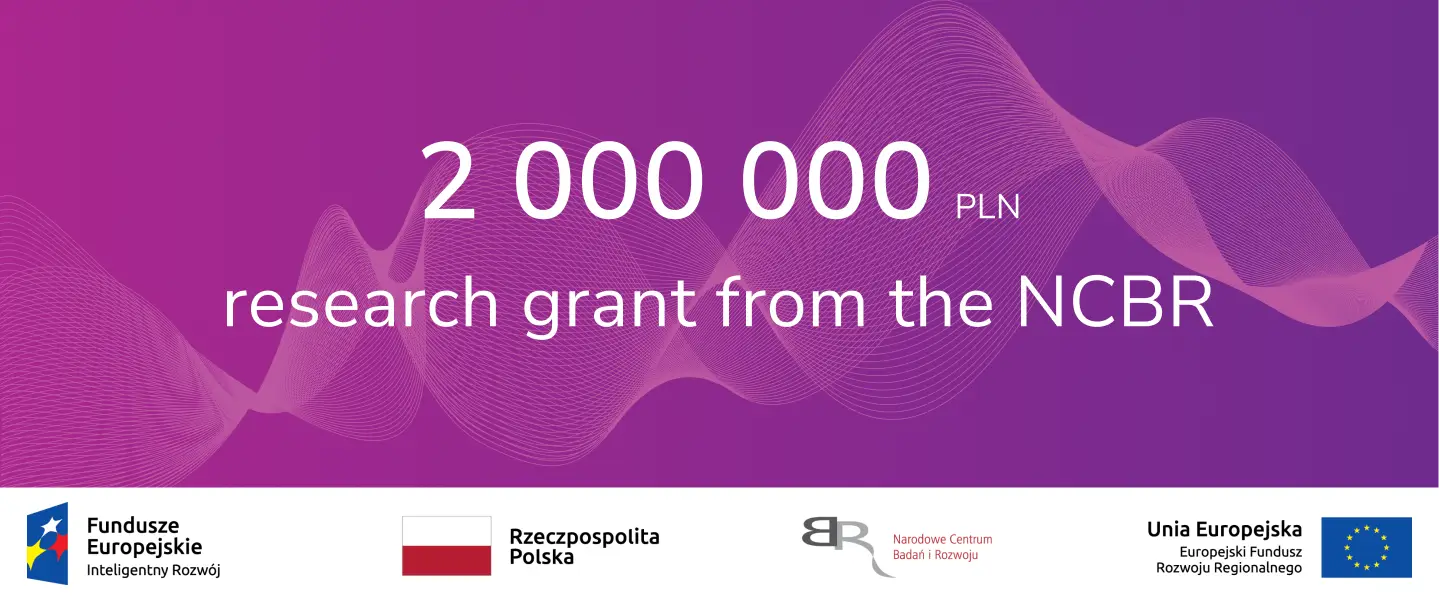It is distinctly possible that soon we will be living in a post-antibiotic era. There is a desperate need to find an alternative to treat microbial diseases, especially because of growing resistance of pathogens [1]. One of the promising solutions that has been drawing scientists’ attention during recent years is Phage Therapy [2-3].
Bacteriophages are defined as viruses that target, infect and replicate within bacteria, having high specificity restricted to one bacterial genus or even certain strains. They are among the most abundant entities on Earth. Therefore, there are still many gaps to fill in the knowledge of their viral biology.
Collaborating across two disciplines
The PhageAI start-up was founded in 2021 in Bialystok in northeastern Poland. Its aim is to close the accuracy gap for a new class of bacteriophage set of tools named PhageAI platform. We are developing an innovative AI technology to automate bioinformatic analysis of phage characteristics. Our customized NLP-based methodology will dramatically accelerate the complex process of describing phages in silico, shortening its duration from dozens of days to less than an hour.
The PhageAI company constantly pursues its own goals by centralizing high-quality omics data from global data sources, which are used to train deep neural network models to transform sequences into mathematical representation of characteristics. Vector-based bacteriophage data, which are used to develop classifications, space and clustering algorithms for biology domains, will be shared as an enterprise and educational cloud services.
AI Models, GPUs drive phage insights
The PhageAI team discovered that the multidimensional mathematical representation of bacteriophage provide answers to key questions about phage life cycles [4]. The research was continued and extended in cooperation with Proteon Pharmaceuticals domain experts to tackle other domain issues such as taxonomy classification, alignment-free sequence comparison, genome annotation, gene toxicity detection, and phage-host matching. We estimate that by the end of 2023, these actions are going to result in bringing us closer to unleashing bacteriophage therapeutic potential. Knowledge and expertise in these areas are crucial and translate directly into the development of antibacterial products.
The target group of the PhageAI platform are primarily biotechnology and pharmaceutical companies, dealing with the topic of bacteriophage therapy. They are looking for solutions that can optimize the processes for the selection of safe bacteriophage components. The recipients of the technology will also be academic staff, students of bioinformatics and biotechnology fields, who conduct scientific research.
Now available: PhageAI platform
Feel free to use the early version of PhageAI platform, to predict your bacteriophage life cycle and discover and explore the most similar virus samples in the public domain. The instance for science purposes is available at https://app.phage.ai/.
[1] Lin DM, Koskella B, Lin HC. Phage therapy: An alternative to antibiotics in the age of multi-drug resistance. World J Gastrointest Pharmacol Ther. 2017;8(3):162
[2] Jassim SAA, Limoges RG. Natural solution to antibiotic resistance: Bacteriophages “The Living Drugs.” Vol. 30, World Journal of Microbiology and Biotechnology. 2014. p. 2153–70.
[3] Doss J, Culbertson K, Hahn D, Camacho J, Barekzi N. A review of phage therapy against bacterial pathogens of aquatic and terrestrial organisms. Vol. 9, Viruses. 2017.
[4] Tynecki P. et al, PhageAI – Bacteriophage Life Cycle Recognition with Machine Learning and Natural Language Processing, 2022, DOI: 10.1101/2020.07.11.198606
